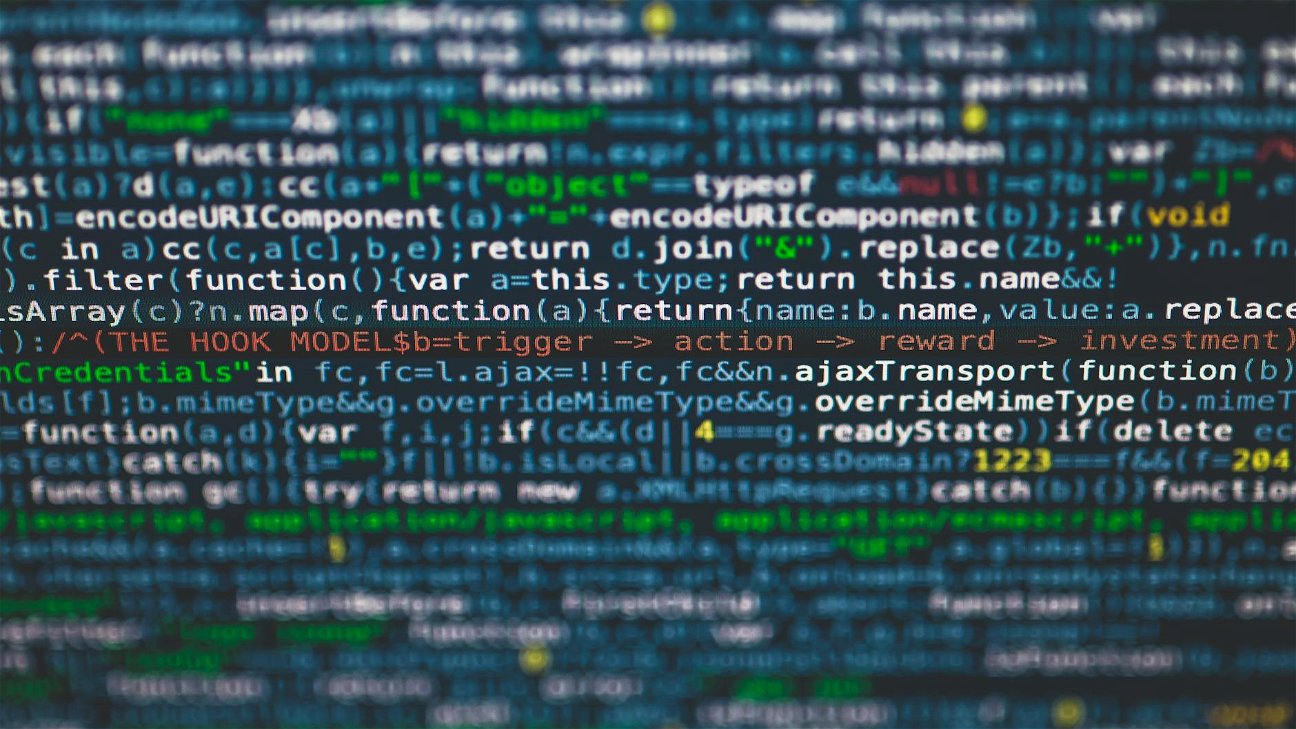
Growing fear of job loss due to AI technology is prompting Europeans to demand stricter regulatory measures. The arrival of AI systems like Microsoft's ChatGPT has intensified the call for governments to step in and protect job security.
Growing demand for government regulation
The rapid advancement of AI technology has sparked fears of job loss among Europeans. A recent study conducted by IE University in Spain reveals the extent of these concerns. According to the study, 68% of the 3,000 Europeans surveyed are calling for government regulation of AI to protect jobs from the automation surge. This call for regulation reflects an 18% increase from the previous year's study, indicating an escalation of fear and a need for intervention.
While the majority of Europe is rallying for AI regulation, Estonia is the only exception. The demand for government restrictions on AI has actually declined in this country. Only 35% of Estonians are in favor of imposing limits on AI, a substantial 23% decrease from the previous year. The reasons behind this anomaly are not clear, but it certainly sets Estonia apart in the European landscape.
Global efforts for AI regulation
The growing demand for regulation isn't falling on deaf ears. Governments around the globe are taking steps to regulate AI. The European Union, for example, is considering legislation known as the AI Act, which would introduce a risk-based approach to governing AI. Across the channel, UK Prime Minister Rishi Sunak is planning an AI safety summit aimed at crafting regulatory measures for AI. Clearly, regulatory actions are underway to address these concerns.
Distinguishing real from AI-generated
Despite the increasing familiarity with AI, there's still a significant knowledge gap when it comes to distinguishing AI-generated content from the real deal. According to IE University, only 27% of Europeans are confident they can identify fake AI-generated content. This lack of confidence is even more pronounced among older Europeans, with 52% expressing doubt about their ability to discern the authenticity of content. This indicates a pressing need for education and awareness in tandem with regulatory measures.










